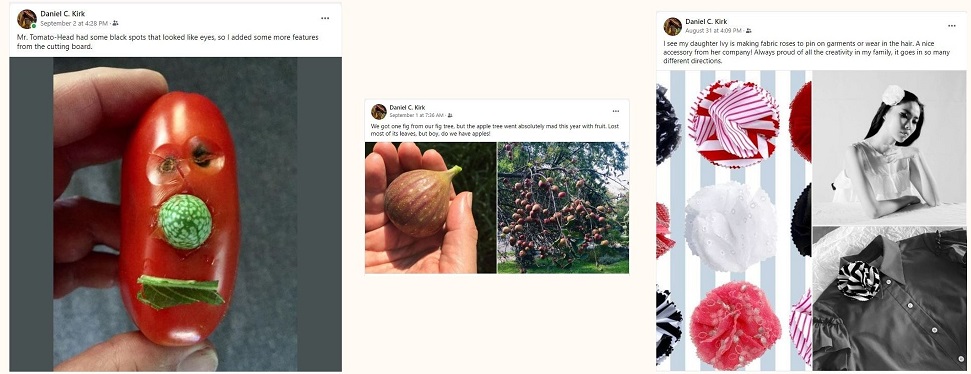This is the first in a series about how, why and what authors should blog about!
Keep an eye out for more on blogging for authors! (And I’ll come back here and interlink the articles.)
Coming soon
- Do Fiction Writers Need to Blog? (9/26)
- How long is the perfect blog post? (10/3)
- How to Start an Author’s Blog (11/7)
- Why Blog on Medium (11/14)
- How to find, source and credit photos (11/27)
Blogging topics for writers and artists
This seems like the opposite of the blind leading the blind. (More like the superhero leading the superhero.) Writers should be the LAST people to struggle for ideas and topics in their blogs. But so much of the blogging advice out there is for business owners. And, if you don’t have a side business… there’s only so many ways to say: go buy my book. Writers and artists want to keep a presence in their audiences’ lives but run out of ideas to keep it fresh and interesting.
Here’s a SYSTEM for finding appropriate and effective blogging topics based on the acronym CREATE. This tool is taken straight from the gifts and tools I’ve learned by being part of the yearlong mentorship program with Christine Kane, called, Uplevel Your Business. I’ve tweaked the advice for writers.
C = Credibility
R = Real Life
E = Experience
A = Association
T = Tools & Tips
E = Expression
Credibility
Blog about experiences that add to your credibility – awards, experience, degrees, other published or produced works. You can do this in stories, of course, but drop some credibility into some blog posts. ex:”What it was like to go back for my MFA in my 40’s” or “How it is to work with Sony Pictures.”
Real Life
Writing progress, movies or tv you’re enjoying, books you’re reading. Travel descriptions or insights.
Whatever you feature in your blog can also be cannibalized in your social network postings.
My friend, children’s book illustrator and writer Dan Kirk used to post “on my turntable this morning” on FB and shows us the album cover of what he’s listening to. It helps that he has eclectic taste and so many vintage albums to choose from.
Lately, he’s shifted to garden output and weird faces and shapes he sees in his homegrown stuff. And he always brags about his kids’ creative endeavors.

You could also review other novels and books in your field. And don’t forget the more mundane, but humanizing news: hair changes, outings, adventures with your dog, gardening, thrift store finds.
Experience
What is it like to be you? Tell us about your experiences – what it takes to do what you do. You could blog about the research you did to write your book, feature reviews and what they say about your book. You could tell stories of readers’ experiences with your work, and share emails, tweets and FB postings they send you. You could interview or survey readers about their attitudes toward your themes and subject matter. Or you could podcast your book, one section at a time.
Association
Talk about your associations – famous people you know, groups you’re part of, places you’re invited, and who you hob-nob with. This could include experiences you have with your fictional characters. They rattle around in your brain, and give you ideas or disapprove of things you do? Tell us about that. You could even write a whole post in the voice of one of your characters.
Tools
Help people do what you do with any tips or tools you’ve come across, used, etc. Do you rise early and write for several hours? Do you nap or walk every day? Does drinking help your brain loosen up at night? Did you use a certain book or coach for clarity? Do you have any systems that you can share?
Expression
Most bloggers need help finding and using their voice, but yours is probably honed. The question is, does your blog have its own voice? Of course.
******
That’s the tool. If you brainstorm elements from your life and work that fit into each section, you’ll have lots of blog ideas that are very YOU, and will draw your readers closer to you and your work.
We’re talking about blogs and blogging in the Write Without the Fight FB Group – Come on over and ask to join.